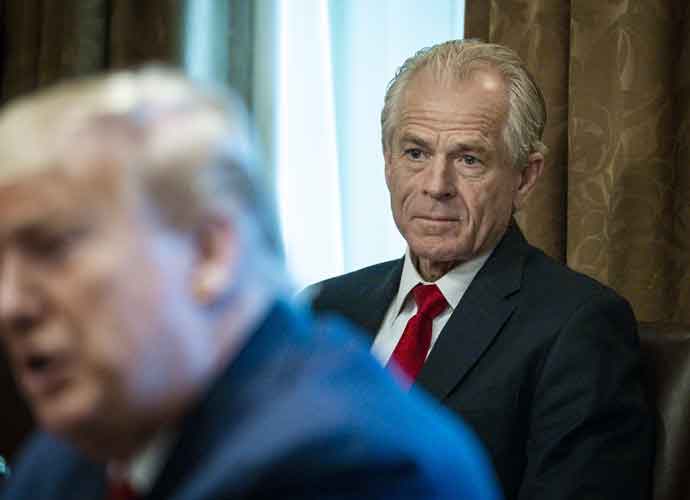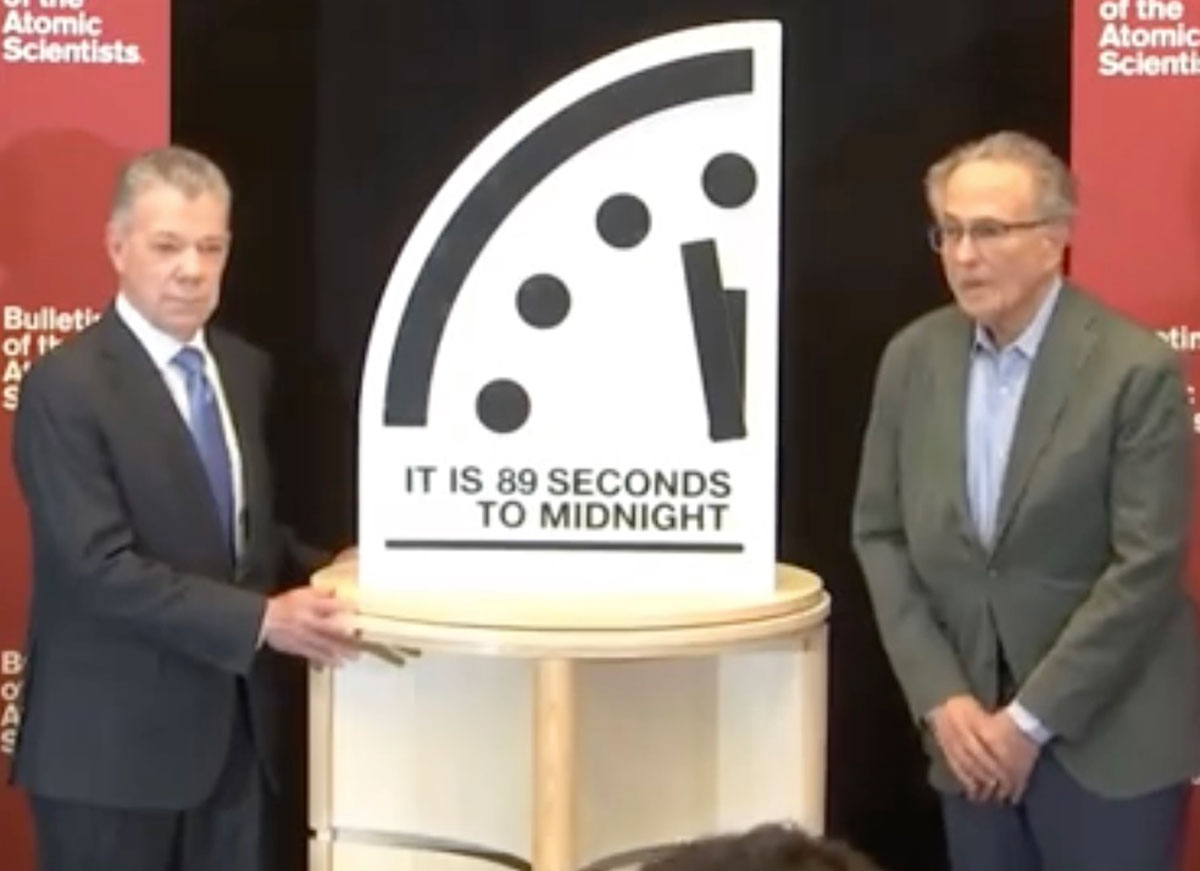Trump White House Adviser Peter Navarro Ordered To Report To Prison On March 19
Peter Navarro, the former White House adviser to Donald Trump, was ordered to report to a federal prison in Miami by March 19.
Back in September 2023, Navarro was found guilty by a jury on two counts of contempt of Congress.
In January, the Justice Department sought a sentence of six months in prison for him after he was convicted of criminal contempt of Congress for ignoring a subpoena from the congressional committee investigating the January 6, 2021, Capitol attack. He was scheduled to be sentenced on January 25.
Prosecutors also wanted a $200,000 fine. In a 20-page sentencing memo, Assistant U.S. Attorney Elizabeth Aloi stated that prosecutors sought to punish the former White House aide for his bad-faith strategy.
Navarro complained that the legal costs of the case left him bankrupt.
On January 25, Navarro was sentenced to four months in prison.
The prosecution asked U.S. District Judge Amit Mehta to deliver the sentence of six months along with a fine of $600,000. The former aide’s counsel asked to have the sentence not go beyond six months with a fine of $100,000.
Navarro argued that he did not have to cooperate due to Trump’s executive privilege rights, even though he never confirmed that the former president asserted the privilege in his case.
Mehta’s sentence implementation could have been delayed as Navarro’s attorneys have said they would appeal his conviction.
Mehta denied Navarro’s plea to avoid incarceration while he appealed his criminal conviction. The judge said that his claim of possible success on appeal was insufficient grounds to delay the four-month prison sentence.
The judge rejected many arguments put forth by the former aide and underscored that his claims of testimonial immunity, executive privilege and other defenses lacked merit. While Navarro asserted political bias in the case, the judge ruled that these claims were unfounded and had no substance.
Mehta recognized that the federal appeals court in Washington, D.C., could still consider delaying Navarro’s sentence. Without the intervention from a higher court, Navarro needed to “report to the designated Bureau of Prisons facility on the date ordered by the BOP.”
On March 11, Navarro’s lawyers revealed his order to report to prison in a court filing and, according to court documents, he urged a three-judge appeals court panel to stay the prison sentence while he tried overturning his conviction.
“Accordingly, Dr. Navarro respectfully reiterates his request for an administratively stay so as to permit the Court to resolve the instant motion,” the court document reads. “Should this Court deny Dr. Navarro’s motion, he respectfully requests an administrative stay so as to permit the Supreme Court review of this Court’s denial.”
Congressional investigators had been looking into his attempts to construct a plan that would delay the certification of the 2020 presidential election results. Navarro would be the first Trump administration official to serve time for post-2020 election-related behavior.
Court documents showed Navarro argued that a stay should be allowed due to an open question of a “proper” invocation of executive privilege.
“Thus, the district court’s decision on the elements of a “proper” invocation of executive privilege was not only an open question, but itself a substantial question…Whether this Court affirms, vacates, or otherwise alters the elements of a “proper” invocation of executive privilege set forth by the district court, that this issue of first impression is now before this Court warrants Dr. Navarro’s release pending appeal,” the court document states.
“United States v. Peter Navarro is a landmark constitutional case that will eventually determine whether the constitutional separation of powers is preserved, whether executive privilege will continue to exist as a bulwark against partisan attacks by the legislative branch, and whether executive privilege will remain, as President George Washington pioneered, a critical instrument of effective presidential decision-making,” Navarro mentioned in a statement on March 11. “That’s worth fighting for on behalf of all Americans.”
During the trial and sentencing, prosecutors accused Navarro of acting “like he was above the law” when he did not comply with the committee’s order and “thumbed his nose” towards their work.
“Should this Court find either that the privilege should have been acknowledged or that Dr. Navarro should have been permitted to present evidence of his reliance on the assertion of executive privilege in his defense, the reversal of his conviction will be required,” Navarro’s attorneys wrote on March 10 to the appeals court.
RELATED ARTICLES
Get the most-revealing celebrity conversations with the uInterview podcast!







Leave a comment